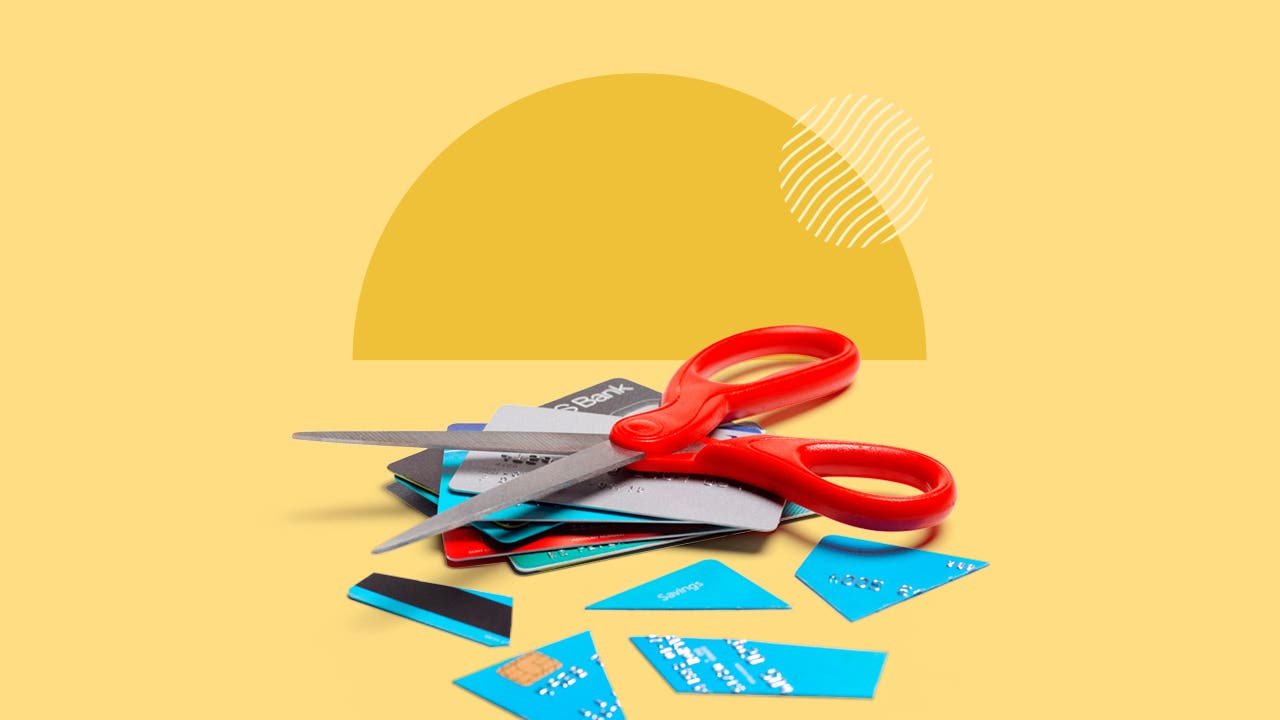How do debt relief programs work?

Key takeaways
- Debt relief typically takes one of three forms: debt management, consolidation and settlement.
- Working with a debt relief company can result in less debt or a faster payoff — but there are often hefty fees, often up to 25 percent of the debt enrolled, attached to the services.
- Credit damage is also common when working with a debt relief company due to stopping payments during negotiations.
- Not every debt relief company is legit, so be prepared to research any company you consider.
If you’re struggling to pay off your debt and at risk of defaulting, a debt relief company may be able to provide assistance. Debt relief can come in a few forms, including self-driven ones, but a credit counselor or debt relief company can help you tackle the process. However, you’ll pay a fee for a debt relief company’s services.
What are debt relief companies?
You can work with a debt relief company to manage and pay off debts.
Debt relief companies are for-profit institutions that help you manage and pay down your debts. Depending on the company and what services are offered, they may work with creditors to help you get out of debt for less than what you originally owed.
Most debt relief companies charge a hefty percentage of your discharged debt as a fee for their services. Each company offers different services. Some of the most common debt relief options include debt consolidation, debt settlement, credit counseling and debt management.
How do debt relief programs work?
Debt relief companies exist to help consumers lower their debt or better manage their repayments — for a fee.
Most relief companies require an initial consultation to determine eligibility and to decide which method is best for you. However, it’s important to walk into the process prepared by knowing all your options.
Often, companies ask you to stop paying your debts to give them leverage to negotiate with your creditors and get parts of your debts settled. Then, they help you build a plan to repay your remaining balance.
It is illegal to charge an upfront fee for debt settlement services. These fees should only be charged once your debts have been settled or resolved. More than that, if any business guarantees it can settle your debt, take your business elsewhere. This is a sign that the organization may be a debt relief scam.
Or, you may instead opt to get a debt relief company’s advice on how to manage your debts to avoid missing payments and pay them off faster. However, it’s recommended you seek a nonprofit credit counselor for that kind of service. They typically charge lower rates and will not try to sell you additional services.
Some debt relief programs will have the option to consolidate your debt. Debt consolidation can save you hundreds or even thousands of dollars in interest. Working with a debt relief program is just one way to explore your debt consolidation options. You can also explore self-driven options.
What to look for in a debt relief company
Certification, fees and repayment time are the three main factors to prioritize when comparing debt relief companies.
- Certification: Any debt relief company should be backed by the National Foundation for Credit Counseling and the Financial Counseling Association of America. If the company lacks these certifications, you’ll want to take your business elsewhere.
- Fees charged: Most debt relief companies will charge a fee between 15 percent and 25 percent of the total debt enrolled for settlement. Companies may also charge fees for opening and managing the savings account required to make payments.
- Repayment timeline: It typically takes between two and four years to complete a debt settlement program. This is based on the total amount of debt and creditors you have. Check the website to make sure the predicted timeline matches your needs.
What to know before using a debt relief company
While debt relief can provide a path to taking control of your finances, there are also drawbacks to consider when taking this step, including:
- Impact on your credit score: The debt relief process may require that you stop paying your creditors for a period of time to better negotiate with creditors. During this time, your credit score will take a hit for lack of payment.
- Fees: Some debt relief companies charge fees, but these fees should only be charged once your case is settled. Look for a nonprofit counselor to potentially avoid these.
- Scams: There are scam companies working in the debt relief industry that may charge you money without actually helping to resolve your debt.
- Increased debt: While you stop paying your bills during the negotiation process, your credit cards or other debts could incur late fees and end up increasing your debt. In addition, any settlement fees will be added to the overall amount you owe.
There also may be tax ramifications associated with forgiven debts. If you owe $10,000 on a credit card and that debt is reduced during settlement to $5,000, then the IRS may consider the forgiven $5,000 taxable income.
Is working with a debt relief company a good idea?
A debt relief company can be a good idea if you need to settle your debt for less than you owe. The company will handle the creditors and help you pay off debt faster. You could also consolidate everything you owe into one simple payment. It’s a great option if you need extra help and like the comfort of someone guiding you along the way.
You can skip the debt relief company, however, if you feel confident with a DIY approach or are looking to save on fees and other costs. There are a number of alternatives to consider.
Alternatives to debt relief companies
- DIY debt management: If you wish to avoid fees, you can tackle the debt yourself. You can make use of different debt strategies to tackle the debt, such as the snowball or avalanche methods. These involve paying off the smallest balances or the highest interest-rate balances, respectively. The downside is you’re on your own, and it requires more discipline.
- DIY debt consolidation: You can combine multiple accounts under one payment on your own by using a debt consolidation loan or balance transfer card. Some or all of your existing debts go under one loan, often with lower interest rates than your old debt. You’ll typically need good credit to make this method work the most effectively.
- Nonprofit credit counseling: With this method, you get help from financial experts, who will help analyze your situation and set up a plan for paying off that debt. Some even negotiate with creditors to waive fees or reduce interest rates for a time. It’s critical, however, that you work with a reputable company to avoid putting your finances at risk.
- Bankruptcy: The most extreme measure on the list, this method could reduce your credit score in the long run and can make qualifying for new credit hard. But if you’re experiencing hardship, you might be able to discharge some or all of your debt.
Bottom line
Debt relief may be a good option for those facing potential default or bankruptcy. Just make sure you vet the company carefully to weed out the red flags, like upfront fees or settlement guarantees.
And remember that some debt relief company services come with inherent risks to your credit score. If you ask the company to negotiate a debt settlement, you’ll take a credit score hit when you stop taking payments — whether the creditor agrees to work with the relief company.
Frequently asked questions
Why we ask for feedback Your feedback helps us improve our content and services. It takes less than a minute to complete.
Your responses are anonymous and will only be used for improving our website.







